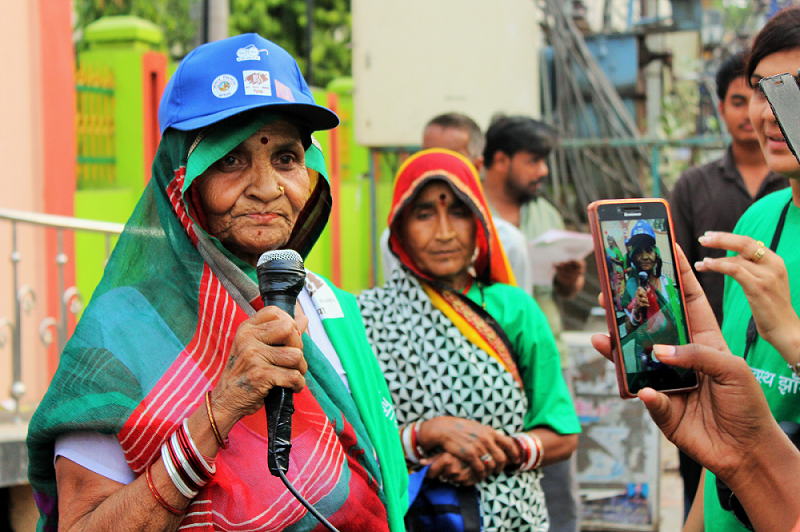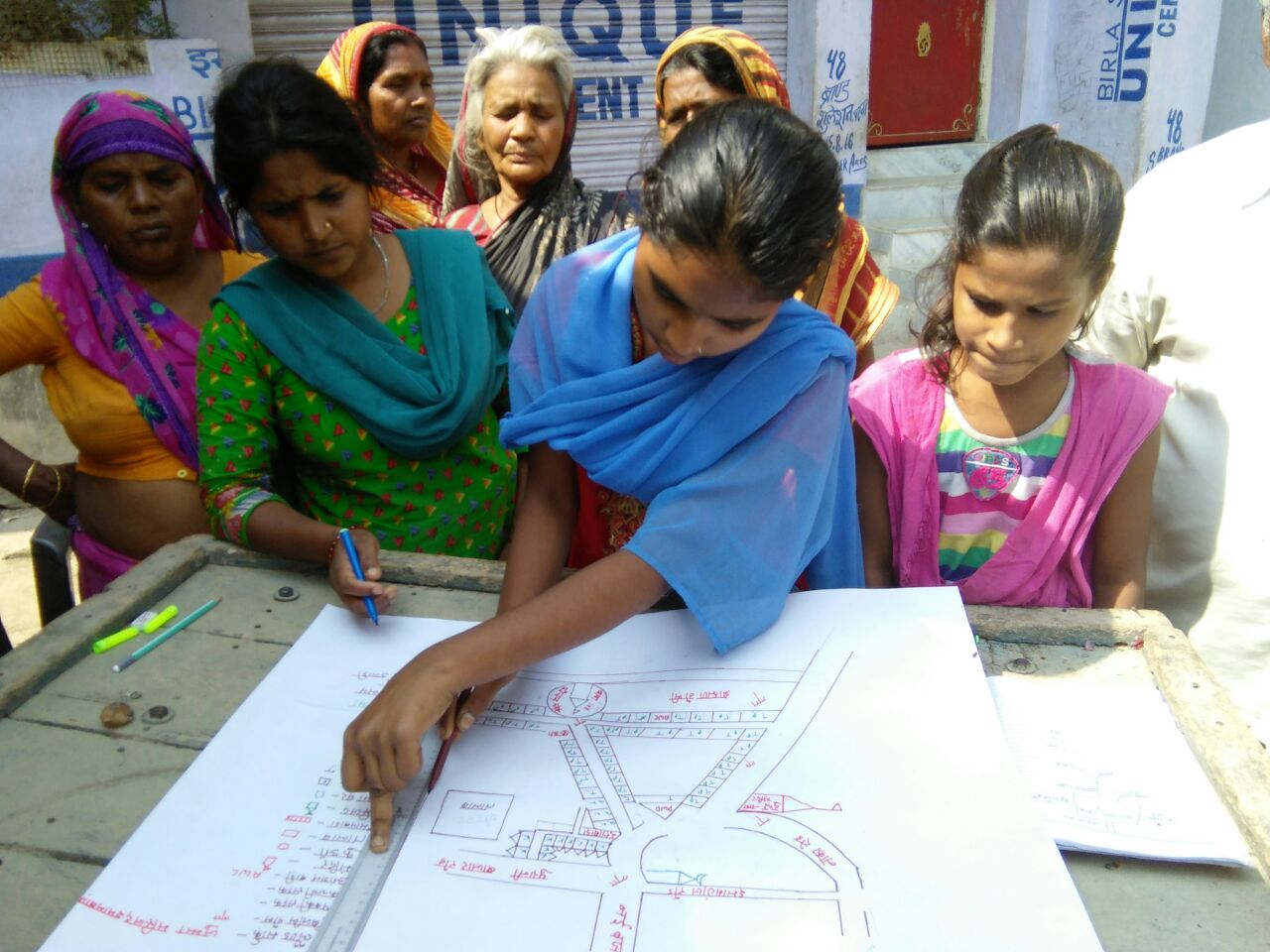With a lot of emphasis on developing ‘smart cities’; the current government has been providing a major push to urban growth in the country. The National Smart Cities Mission, which is an urban renewal and retrofitting program by the Government of India, aims to develop 100 smart cities across the country making them citizen friendly and sustainable. But is it possible to make cities and urban settlements inclusive, safe, resilient and sustainable, without focussing on urban sanitation and people’s participation? The National Conference on “Future of Urban Sanitation in India”, organised recently in New Delhi, emphasised on localising Sustainable Development Goals (SDGs) and the need to accelerate behaviour change and citizen participation for inclusive and sustainable urban sanitation services.
As per the Census 2011, 31% of India’s total population is urban. 2613 towns in the country have reported 22.4% slum population out of 4041 statutory towns, 17% of total urban population lives in Informal settlements, 31% HHs in informal settlements lack access to toilets and defecate in open, 71% informal settlements lack access to underground sewerage system, 31% informal settlements lack draining system, and 27% of informal settlements have no arrangement for garbage disposal. For any sustainable growth of cities, participation of urban poor is, thus, extremely critical. The focus should be on localising Sustainable Development Goals (SDGs) in the context of the provision of urban services such as transportation, sanitation, sewerage, and waste management. It is extremely important to create commensurate spaces for acknowledging and encouraging people’s engagement with urban policy frameworks, and to invest in local development planning.
Dr. Rajesh Tandon, civil society leader and President, Participatory Research in Asia (PRIA), is of the view that, “Sanitation must be a priority, if economic growth matters. Investment in sanitation should also be seen as an economic priority as 8-10% of cities GDP is coming through economic contribution of informal settlements.” He believes that there is a need for catalysing and supporting local action, because investment in small and medium towns remained unutilized over the past 5 years, as the Urban Local Bodies (ULBs) did not have the capacity to utilize those funds, and invest in local planning.
Prof. Om Prakash Mathur, Senior Fellow, Institute of Social Sciences believes that localisation of SDGs is not restricted to just the Municipality. “There are public private enterprises, private sector, civil society organisation, etc which undertake activities at their own level. How exactly do we work to bring them all together? This is something that needs to be thought about,” he says.
Taking into account the lack of progress in urban sanitation and the concern of informal settlements Prof. Amitabh Kundu, Distinguished Fellow, Research and Information System for Developing Countries (RIS), says, “In India, only one-third of urban households are connected to a sewerage system, while others use pit latrines and septic tanks. The smartest solutions here are not necessarily going to be found in the frontiers of technology, and can also be found in the institutions of governance, community mobilization, and support systems. Global standards are not sufficient in the developing world, and need to include local knowledge and reporting.”. He further adds that upscaling of solutions is difficult, because it requires an in-depth knowledge of the local contexts, socio-economic condition of the prospective beneficiaries and flexibility in crafting solutions.”

A notable project aimed towards making urban sanitation inclusive and sustainable in India, being implemented by Participatory Research in Asia (PRIA), is the “Engaged Citizens Responsive City (ECRC)” project in Ajmer (Rajasthan), Jhansi (Uttar Pradesh) and Muzaffarpur (Bihar). The project is being implemented with support from the European Union. Over the last four years, ECRC project has fostered numerous innovative practices to engage citizens with a particular focus on the urban poor in bottom-up participatory planning based on authentic data generated by the communities. Strengthening Civil Society of the Urban Poor to Participate in Planning and Monitoring of Sanitation Services in Indian Cities. The project focussed on 169 municipal wards, reached to 250 Informal Settlements directly (305 indirectly), touching 0.25 million urban poor in three cities. The ECRC initiative of PRIA and many other initiatives by civil society organisations, municipalities, state and national governments are valuable sources of knowledge about how to accelerate effective behaviour change and strengthen citizen participation.
There is a need to strengthen decentralized local decision-making capacity as well providing mechanisms in urban spaces for people’s comprehensive participation and engagement with political matters. Sustainability of the enhanced urban sanitation services will be contingent upon sustained citizen participation and behaviour changes along with enhanced capacities of Urban Local Bodies (ULBs) and the city-level institutional ecosystem. The adoption of Sustainable Development Goals (SDGs) and New Urban Agenda (NUA) usher a new opportunity for making cities sustainable, resilient, and inclusive through appropriate planning and governance. Nearly all the SDGs have targets that will depend on local government action, including SDG 11. Localisation is the process by which local authorities and local stakeholders will adapt and implement these targets within cities and human settlements. Experts feel that emerging lessons around inclusion and participation of all stake-holders for effective sanitation need to be shared so that new India can emerge in its many urban centres soon.

